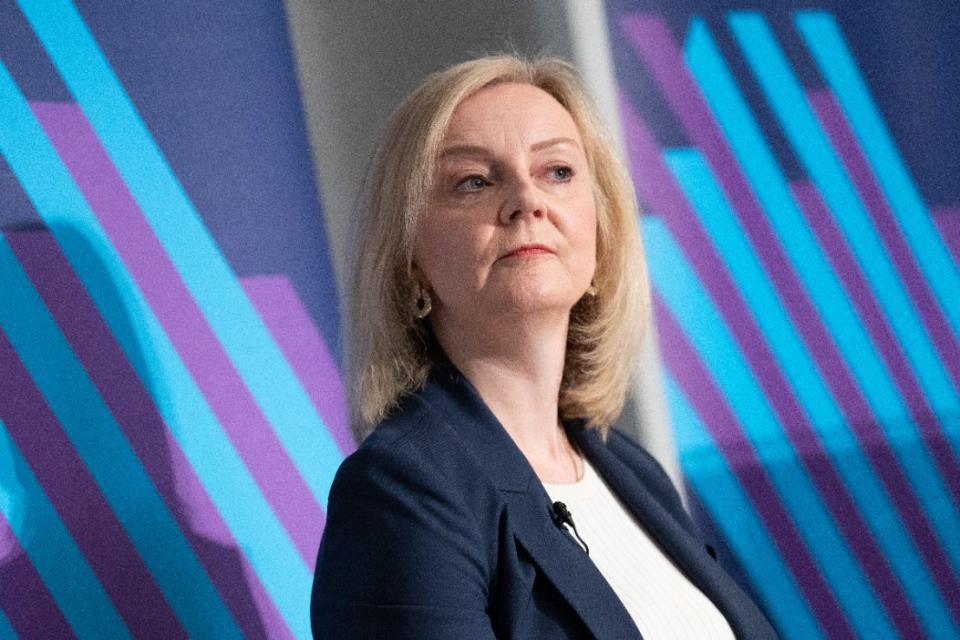Which is the real party of business?

Rishi Sunak has won praise from political strategists for finally distancing himself from his short-lived predecessor, saying “I was right when I warned you about Liz Truss”. But what should the City make of the Conservative leader drawing such a firm line under his party’s experiment with free market ideology?
To answer that question, it’s worth looking at which of Truss’ policies Sunak actually disagreed with. It wasn’t her £150bn Energy Price Guarantee, which remains in place albeit redundantly since prices have fallen. It wasn’t her promise to cut national insurance, because he’s gone further than she planned. The key point of difference between the two was over the timing of tax cuts, with Sunak saying that he would get inflation under control first.
City A.M. is not defending Truss’ abortive ascendancy, but it would be a mistake to altogether reject her essential analysis: that lower taxes, less regulation and competition are the key ingredients for growth. Indeed the fact that the main problem Sunak is so proud of having pointed out was the sequencing of Truss’ policies suggests he does appreciate this. But his actions tell a different story, on the one hand implementing full expensing – a huge tax cut for businesses – and on the other imposing windfall taxes and abolishing non-dom status.
Labour, meanwhile, keep insisting that they are the party of wealth creation, but not everyone is convinced. Saker Nusseibeh, UK chief of Federated Hermes, has accused the party of “ambivalence” towards the City and others are warning that a rumoured hike to capital gains tax could harm small businesses.
With so much mixed messaging, readers will rightly be wondering which is the real party of enterprise? The field is wide open for politicians who unashamedly champion free markets and actively celebrate the City as an engine of growth. And as James Price warns on these pages, Reform could very easily step into that role.
Liz Truss may have been compared to a lettuce, but if the alternative is Nigel Farage, some Conservatives may look back on her premiership as their party’s salad days.


 Yahoo Finance
Yahoo Finance 